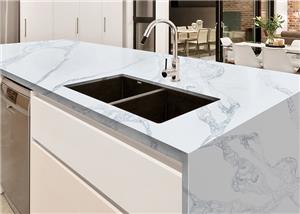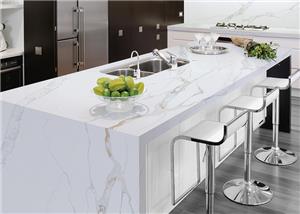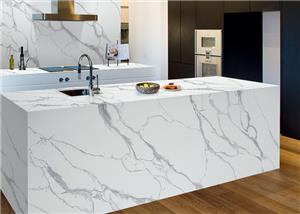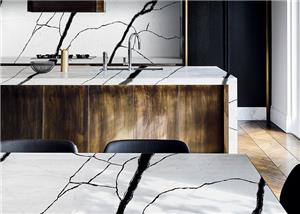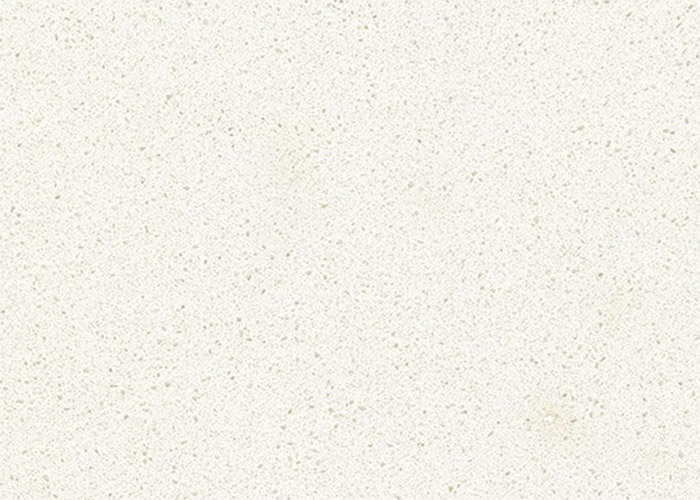What Is Quartz Stone Slabs
Summary
Quartz stone slabs have become increasingly popular in modern architecture and interior design due to their durability, aesthetic appeal, and versatility. These engineered stone surfaces, made from a blend of natural quartz crystals and resins, offer an attractive alternative to natural stone materials. In this guide, we will explore the intricacies of quartz stone slabs, including their composition, benefits, applications, and factors influencing their price. Whether you are a homeowner, contractor, or designer, understanding these aspects will help you make an informed decision about incorporating quartz stone slabs into your projects.
What Are Quartz Stone Slabs?
Quartz stone slabs are engineered surfaces created by combining natural quartz crystals with resins and pigments. Unlike natural stones like granite or marble, quartz slabs are not cut from quarries but are manufactured in controlled environments. The process involves mixing approximately 90-95% crushed quartz with polymer resins, then compressing and curing the mixture to form large, durable slabs. This engineered process allows for a consistent appearance and uniform quality across each slab.
The composition of quartz stone slabs makes them highly resistant to scratches, stains, and impact, making them an ideal choice for high-traffic areas in both residential and commercial settings. They come in a wide range of colors and patterns, which can mimic the look of natural stones or offer unique designs that are not possible with traditional materials.
Factors Affecting Quartz Slab Price
The price of quartz slabs can vary significantly depending on several factors. Firstly, the quality of the quartz used plays a crucial role. Higher-quality quartz slabs, which have fewer imperfections and a more refined finish, tend to be more expensive. Additionally, the size and thickness of the slab can impact the overall cost, with larger and thicker slabs generally commanding higher prices.
Another important consideration is the brand and manufacturer. Well-established quartz stone slabs companies may offer products at a premium price due to their reputation for quality and reliability. Finally, the complexity of the design or pattern can also influence the price. Custom colors or intricate patterns that require special pigments or manufacturing techniques may increase the cost.
Where to Find Quartz Slabs for Sale
When searching for quartz slabs for sale, you have several options. Home improvement stores and specialty stone retailers often carry a selection of quartz slabs. However, for a wider variety of choices and potentially better prices, consider exploring wholesale quartz slab suppliers. Wholesale providers typically offer bulk pricing, which can be advantageous for larger projects or contractors purchasing for multiple clients.
Additionally, online marketplaces and manufacturer websites can provide extensive catalogs of quartz slabs. These platforms often allow you to compare prices, view detailed product specifications, and read customer reviews, helping you make a more informed purchase decision.
Choosing the Right Quartz Stone Slabs
Selecting the right quartz stone slabs involves considering several key factors. First, assess the intended use of the slabs. For kitchen countertops, durability and resistance to stains are paramount, whereas, for wall cladding, aesthetic appeal and design flexibility may take precedence.
Evaluate the color and pattern options available. Quartz slabs offer a vast array of choices, from classic white and grey to vibrant blues and greens. Think about how the color and pattern will complement the overall design of your space. It’s also important to consider the slab’s finish—whether you prefer a polished, matte, or honed surface—based on your aesthetic preferences and maintenance requirements.
Lastly, ensure that the quartz slabs are sourced from reputable manufacturers or suppliers. Quality control and consistency are crucial for achieving the desired outcome and longevity of your installation.
Conclusion
Quartz stone slabs represent a sophisticated and practical choice for modern surfaces, blending durability with aesthetic versatility. From understanding what quartz stone slabs are and the factors influencing their price, to finding where to purchase them and choosing the right product, this guide covers essential information to help you make informed decisions. Whether you’re renovating your home or working on a commercial project, considering the advantages of quartz stone slabs and working with reputable suppliers can ensure a successful outcome. By investing in quality quartz slabs, you are not only enhancing the beauty of your space but also ensuring long-lasting performance.
FAQs
1. What is the difference between quartz stone slabs and granite slabs?
Quartz stone slabs are engineered from crushed quartz mixed with resins and pigments, offering a consistent appearance and enhanced durability. Granite slabs are natural stones cut directly from quarries, each piece being unique in color and pattern. Quartz is generally less porous and easier to maintain compared to granite.
2. How do I maintain quartz stone slabs?
Quartz stone slabs are relatively low maintenance. Clean them with mild soap and water. Avoid using abrasive cleaners or harsh chemicals, which can damage the surface. For spills, wipe them up promptly to prevent staining, especially with acidic substances.
3. Can quartz slabs be used outdoors?
While quartz slabs are highly durable, they are primarily designed for indoor use. Exposure to extreme weather conditions, direct sunlight, and temperature fluctuations can affect their appearance and performance over time. For outdoor applications, consider alternatives specifically designed to withstand these conditions.
4. Are there any environmental benefits to using quartz slabs?
Quartz slabs are made from a high percentage of natural quartz, which is abundant and sustainable. Additionally, the manufacturing process often utilizes recycled materials and generates minimal waste compared to quarrying natural stone. However, the resin used in quartz slabs is not biodegradable, which is a consideration for environmental impact.
5. What should I consider when buying quartz slabs wholesale?
When purchasing quartz slabs wholesale, consider the supplier’s reputation, the quality of the slabs, and the pricing. Ensure that you are getting detailed product information, such as color consistency and thickness. Also, verify the return policy and warranty terms to protect your investment.

